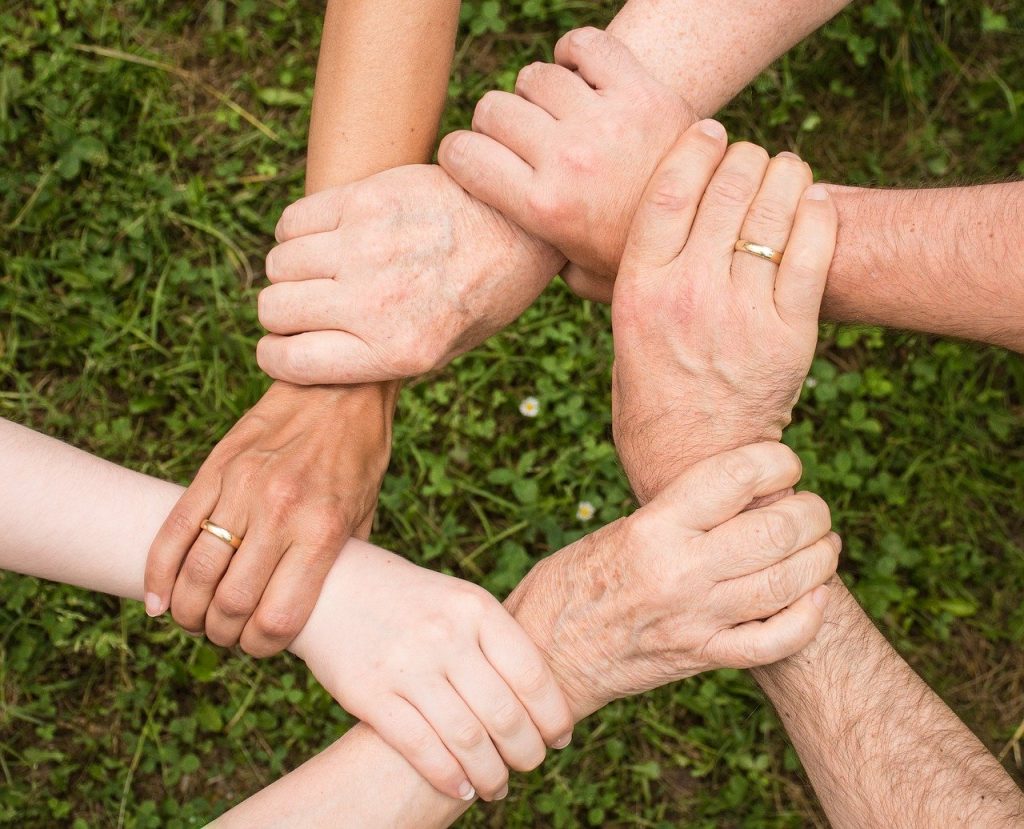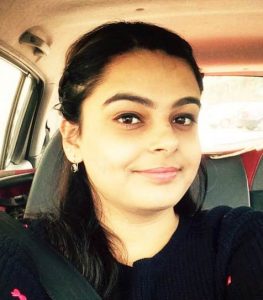DO SIBLINGS OF CHILDREN WITH SPECIAL NEEDS FEEL IGNORED?

Siblings are too important to overlook because no one logs more hours and minutes with special needs children than their brother or a sister other than their parents. Recently organized Webinar by Pallavanjali brought together three dynamic young individuals to share their experiences of growing up with their sibling with special needs.
Disability or children with special needs can be defined as an impairment in visual, auditory, cognitive, and ambulatory domains, as well as self-care or independent living.
For individuals with special needs or any physical or mental disability; unconditional family support plays a vital role in their overall well-being and development. Moreover, it also establishes the society’s perception towards the unique needs member of the family. In India, several organizations and help centres are dedicatedly working for the welfare of special needs individuals.

Pallavanjali – A beacon of guidance
Pallavanjali is an Inclusive School, Intervention Centre, and an Institute for young adults in difficult situations, whether special needs, school dropouts or under-privileged. The school is equipped with trained teachers, therapists, counsellors and special-educators guide to support children with their special need and also guide & encourage the parents with one-on-one intervention.
“We believe that children learn the best when they are in an inclusive environment. Our classes, especially till 8th,are inclusive with ‘regular’ students from EWS category and students with alternative needs,” says Krishna Das, Head, Career Training at Pallavanjali.
“Once the special need student is 15 years of age he/she moves to functional academic class for three years, where they learn at their own pace with a focus on Life Skills. At 18, students graduate to the Career Training Program that teaches them to be work-ready, along with the focus in Independent Life Skills which we believe, equip them towards being an active part of mainstream society. We endeavour to introduce our students to the best working environment for their Internships,” says Das.
Sibling Journey
While we often read about parents sharing their journeys of raising children with special needs, one does not often peek into the dynamics of sibling relationships in such cases. It is equally mentally & emotionally challenging for a sibling to deal with a brother or a sister with special needs.
After all their siblings are also children and require attention!
Siblings of disabled children experience an array of stressors and feelings that sometimes can increase the risk for significant emotional and behavioural problems and functional impairments say the phycologists.
Siblings may feel neglected because much of the parents’ emotional energy gets directed toward the child with the disability, leaving little emotional energy for the other children in the family.
Anger or jealousy can crop up in them and unknowingly may resent if their special needs brother or sister is held to a different set of standards and receives what appears to be preferential treatment.

Many a time, siblings are expected to help out with the disabled child or take on extra household chores, potentially increasing resentment.
Sometimes, children with chronic conditions often require costly services; parents may not have enough money to meet the needs or wants of the ‘normal’ child. Moreover, parents often spend the lion’s share of their time with the disabled child, at the expense of the sibling.
SUBURB brings you, real-life stories of emotional strength & mental courage.
Ruhani Rathee a student at DPS International grew up with an older brother with special needs who felt more like a younger brother to her. “As a young child, I didn’t understand why my parents helped him or worried about him a lot more. For me, he was like a ‘normal’ older child, but it was only later that I realized that he was different. I became more responsible for growing up with him & felt older despite being six years younger to my brother.
I have always been extremely protective of him, especially when someone does not treat him respectfully. As a child, I would cry, seeing him looked upon or treated differently,” she shares.
“There is a lot of unpleasant public attention that makes it uncomfortable for families with a member with special needs. Instead of extending a helping hand, people tend to judge. At public places also, the staff and authorities are not sensitive towards them. We often face the same distraught at the airports. If educated people holding public offices behave indifferently or treat differently, it is a disgrace to the entire system.”
For Itisha Sharma, a Research Scholar and Founder of ‘The Yoga Within,’ her younger brother Ambar is the light of her life and a source of joy for our family. “My brother is nine years younger to me and was diagnosed with Down Syndrome. I had no knowledge about special needs or what his delayed milestones meant. For me, he is a fountain of love. I like teaching him new things and involve him in all areas and activities of my life. Our entire extended families have accepted him and give him his due respect.

Inclusivity is the need of the hour. It is essential to talk, share your experience and be proud of your particular family member. As a family, we have been vocal about Ambar and never shied away from taking him with us to places. Creating awareness is critical,” she says emphatically.
Aniket Verma, a high school student and third culture kid credit his older brother with special needs for being a source of joy in his life. Born in the US, Aniket’s older brother went to a different school, unlike he & his sister.
“It was after I turned 13-14 years old is when I realized that my elder brother had special needs. He still has the same habits that he had when I was much younger, he is older to me but behaves like a small child and treats me also like one. Despite, all the disparities between us, we enjoy a strong emotional connect. I am sensitive towards his needs, much more actually as I am growing up to understand him better. My friends also know about him, and they also accept him just the way he is.
In the west, people are more sensitized and respectful towards individuals with special needs. In India, people are not aware, supportive & accepting,” says Aniket who could see the difference between his US & India experiences with his brother. Creating an impact is equally important, which is why I am actively working towards employability for differently-abled individuals.”

People with special needs are an integral part of our society, and we should make them feel inclusive and loved amidst us. If the young generation today are so enlightened and positive in their approach, the world will be a better place tomorrow for these exceptional individuals.” – Krishna Das
